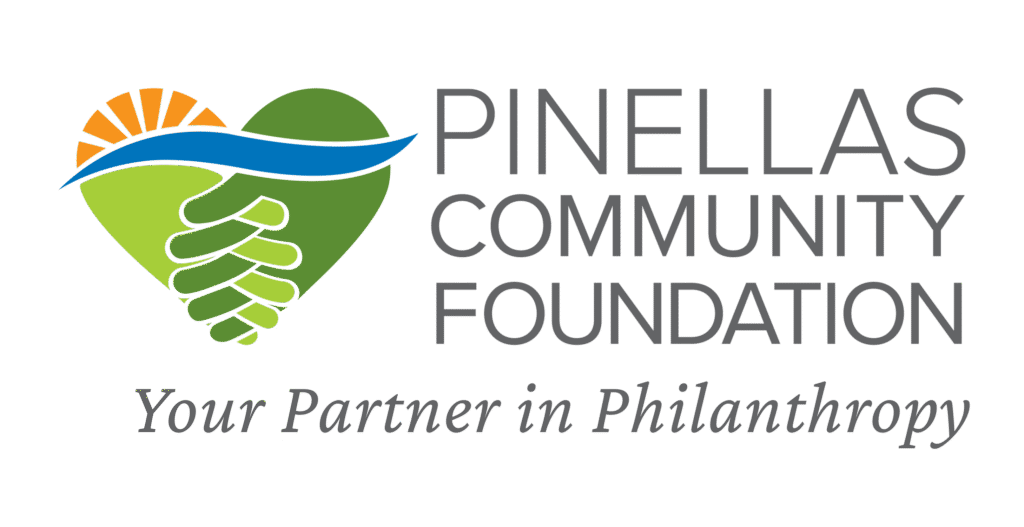Photos by Todd Bates
At a time when concern for youth violence, arrests, and deaths are mounting in St. Petersburg, a new project has brought life-transforming art, conversation, and education to youth assigned to the Pinellas Regional Juvenile Detention Center through a grant by the Social Justice Fund.
The Justice Studio is an arts program started by NOMAD Studio’s artist Carrie Boucher. An outgrowth of a visit by NOMAD’s Art Bus earlier this year, Justice Studio has grown into the in-house art program at the JDC.
Through research, Carrie learned that Pinellas County Schools is responsible for educating the youths detained at JDC, but despite an ongoing surplus in referendum funding for visual arts in every Pinellas public school, there is no school art program at the facility.
Working alongside art therapist Kinsey Rodriguez and a handful of other artists and volunteers, Carrie wants Justice Studio to fill that gap; currently, the project is funded entirely by private donations, including an operating grant provided by the Social Justice Fund.
[et_pb_gallery gallery_ids=”41596,41597,41598,41599,41600,41601,41602,41603″ posts_number=”12″ _builder_version=”4.10.6″ _module_preset=”default” caption_text_align=”left” max_width=”100%” module_alignment=”center” custom_css_gallery_item=”width:20%; margin-right:5%;” global_colors_info=”{}” custom_css_gallery_item_last_edited=”on|tablet” custom_css_gallery_item_tablet=”width:40%;” custom_css_gallery_item_phone=”width:40%;”][/et_pb_gallery]Since September, Carrie, Kinsey, and guest artists and volunteers have visited the center on Tuesdays and Thursdays; Carrie would love to be there every day.
“I love that we all really get to know one another in the Studio. JDC mixes kids from different mods — even girls and boys together — so we’re all always getting to know each other, catching new kids up, and deepening connections,” shared Carrie.
All the participants are there by choice, but the center’s policy is that only youths maintaining good behavior are permitted.
“Once a young person has been with us for two or three sessions, they feel like family … they know we care about them, and they start letting us know who they really are,” Carrie affirmed.
Kinsey expresses similar gratification around the growing impact of Justice Studio and feels a sense of accomplishment knowing that their young charges “are learning healthy ways to cope with stressors and express themselves.”
She shared satisfaction at “being able to advocate for these kids — while helping them obtain the skills to advocate for themselves.”
[et_pb_gallery gallery_ids=”41610,41611,41612,41613,41614,41615″ posts_number=”12″ _builder_version=”4.10.6″ _module_preset=”default” caption_text_align=”left” max_width=”100%” module_alignment=”center” custom_css_gallery_item=”width:20%; margin-right:5%;” global_colors_info=”{}” custom_css_gallery_item_tablet=”width:40%;” custom_css_gallery_item_last_edited=”on|tablet” custom_css_gallery_item_phone=”width:40%;”][/et_pb_gallery]During sessions, youths work on individual and group projects (Justice Studio is currently in the middle of painting a mural on one of the outside walls of the facility). They also share stories, peruse art books, listen to passages from contemporary novels, and even enjoy extras – like birthday cake and healthy holiday fixings.
A recent session incorporated prompts to learn more about how the youth felt about their time at Justice Studio. One teen wrote, “I like drawing the best. Drawing makes me feel calm and normal.” Another shared, “I feel free to say anything in the art program because they don’t judge you here.”
A female teen in the group wrote, “I feel relieved because I get away from all drama and stress from the mod. I feel calm.”
A detention center officer is always present; during a recent mural-painting session, Superintendent Ariel Veguilla stopped by to add some paint on the walls and was enthusiastic about the relationship with Justice Studio.
“It’s brightening up the facility…and it does the same with [the youth’s] attitudes about life. It brightens their horizons and gives them something to look forward to. They learn something every time they come in contact with the volunteers and artists,” affirmed Superintendent Veguilla.
During the visit, graffiti artist ZuluPainter was there to share expertise and wisdom — along with a healthy share of humor.
“Children are the future, and we have to help them,” he stated, acknowledging the support he was given as a young person by mentors at a Boys and Girls Club. “That support helped keep me on track; that’s what I needed,” the artist acknowledged. “Now, I need to give back what I needed.”
[et_pb_gallery gallery_ids=”41619,41620,41621,41622,41623,41624,41625,41626″ posts_number=”12″ _builder_version=”4.10.6″ _module_preset=”default” caption_text_align=”left” max_width=”100%” module_alignment=”center” custom_css_gallery_item=”width:20%; margin-right:5%;” global_colors_info=”{}” custom_css_gallery_item_tablet=”width:40%;” custom_css_gallery_item_last_edited=”on|tablet” custom_css_gallery_item_phone=”width:40%;”][/et_pb_gallery]Carrie admits that she worries about the youth after they’ve left the art room. “Some of these kids have no idea what’s going on with their cases and often don’t have anyone who is really advocating for them,” she noted.
Kinsey shared concerns about the direct file system, which sends youths to adult courts. “We know from science that their brains are not functioning as adults, and they don’t have the same rights as an adult, so it seems counterintuitive to punish them in the same way adults are punished.”
Carrie has plans to add a mentoring component for youth who leave JDC and want to continue working with NOMAD Studio.
“We’re trying to give them an avenue for their creativity and interests so that it might serve them in some way someday — whether that’s just in the form of activity for stress relief or if they actually want to pursue a career in a creative field. We try to model for them that it’s possible,” she asserted.
As the mural painting ends for the day, the young artists and their mentors review their work — but much more has transpired than painting on walls.
During the session, an amiable 15-year-old has conversed with Carrie about the Big Bang and discussed recent headlines with Kinsey.
A soft-spoken 17-year-old girl has engaged the duo in conversation about NOMAD Studio’s travel schedule.
The youngest participant — who turned 13 that day — conversed with the visiting journalist about writing a book.
But one youth’s words best summed up Justice Studio’s poignant vitality and transformative power for its participants: “I forgot I was in jail while I was in here.”
For information on how you can support Justice Studio, visit the NOMAD Studio website.
The Social Justice Fund at Pinellas Community Foundation has been a valuable resource for our community. Contact the Social Justice Fund for more information or to apply for support.



